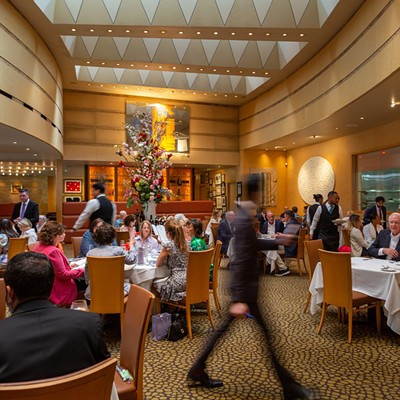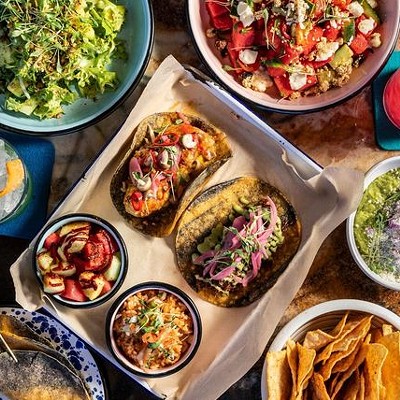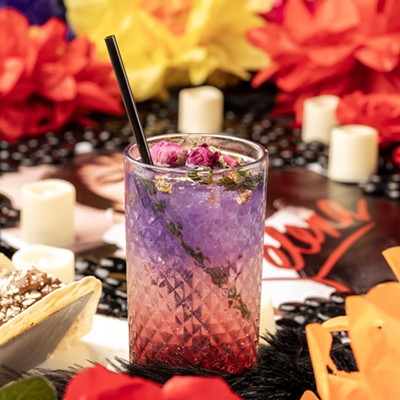If you follow along here at Wine Time, you know that we frequently cover Natural wine and the vitriol-fueled debate on Natural wine that often eclipses the wines themselves (and we have written about Natural wine in Texas here).
The stakes in the Natural dialectic just got higher. Last month, a European Union member state became the first to crack down on the use of the term "Natural" in the sale and advertising of wine: In June, officials in Rome visited a well known and widely respected wine shop, forced the shopkeeper to remove a sign advertising "Natural wines," fined him, and threatened him with criminal prosecution (the story broke yesterday in the U.S. media).
European Union regulations do not allow wine to be labeled as "Natural" and in the eyes of the Italian authorities, the shopkeeper had committed "consumer fraud," a serious charge in the EU, where states jealously safeguard the authenticity of their agricultural products, including wine. Many European industry observers fear that the "Bulzoni affair," as it has been dubbed (in referenced to the beloved wine shop), is the tip of the iceberg and that European officials have launched an aggressive crackdown on a previously tolerated (decriminalized, like prostitution in Italy?) practice.
Some would argue that the fact that "Natural" is not included in labeling regulations is merely due to bureaucratic red tape. But many winemakers and industry observers -- in Europe and the U.S. -- point to the fact that the loosely based Natural wine movement does not have a charter or code of ethics like the highly codified biodynamic movement. The label "Natural," they claim, is used too liberally and without industry regulation. And some would even go as far as to assert their belief that Natural wine is per se a fraud. "It is a connerie. It is rubbish," said legendary Rhône winemaker in a recent interview in Decanter. "It's like making vinegar, bad vinegar. How can anyone allow toxic yeasts to develop so that these inhabit the wine?" (The one thing that Natural winemakers seem to agree on, as a Natural winemaker from California told me recently, is that "native" or "ambient" yeast is a sine qua non of Natural winemaking; natural winemakers employ only naturally occurring yeasts and do not add any commercial yeasts, a common practice among conventional winemakers.)
On both sides of the Atlantic, the Demeter association is widely embraced as the authority on biodynamic standards and its certification is widely recognized -- by consumers and trade in the U.S. and Europe -- as the benchmark in industry oversight.
The Natural wine "movement" has no such means for oversight.
In April of this year, leading U.S. Natural wine authority Alice Feiring published an op-ed in Newsweek entitled "Why We Should Love Natural Wines."
"I understand the reaction from the producers," she writes. "Change is always painful within a corporate structure. When you make 5 million bottles instead of 20,000, producing natural wine can be difficult. But the attack from independent writers is puzzling. It might be about ego, or the embarrassment for having praised confected wines. Or is it merely that wine, too, is a victim of the globally prevalent attitude of polarization, a scourge from politics to religion?"
That fact that a major publication like Newsweek published an article with the expression "Natural wine" in the title is an indication of how Natural wine has entered the mainstream lexicon and consciousness in the U.S.
In Europe, the use of the term is now being prosecuted as a serious crime.
Confused about Natural wine? See this 2010 article by New York Times wine writer Eric Asimov; this post, published on Monday, by our colleague Kathy A. McDonald at the L.A. Weekly; and if you really have a lot of time on your hands, check out this series of posts curated by Cory Cartwright in 2009.
13 Celsius on Caroline is the best place in Houston to taste Natural wine.
Follow Eating Our Words on Facebook and on Twitter @EatingOurWords






